
MS Nurse PROfessional is seeking university professors interested in supervising a Master’s student on a cross-country study of MS nursing practices in Europe. The thesis will explore how MS nurses are educated, supported, and empowered across six countries, mapping current practices and unmet needs. By guiding this project, you will contribute to vital research that informs education, policy, and advocacy for the future of MS care.
Professors interested in collaborating are invited to express their interest by the end of 2025.

Are you living with Multiple Sclerosis? MS Nurse PROfessional is gathering patient stories to show how healthcare systems support—or fail to support—people with MS. Your experience with specialised nurses, care teams, or access to services can help shape future policy and improve care across Europe.
Share your story and make your voice heard.
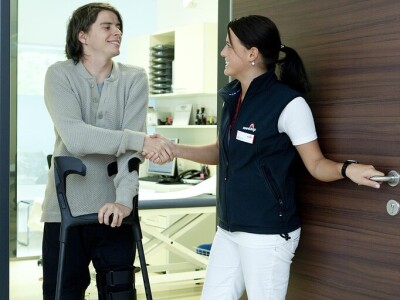
MS Nurse PROfessional is preparing a policy roundtable with European decision-makers and needs your voice. MS nurses are vital in MS care but face high caseloads and administrative burdens. By sharing your testimony—on integrated care, digital tools, prescribing authority, or specialised training—you can help show what works and push for systemic change across Europe.
Interested? MS Nurse PROfessional would love to hear from you.
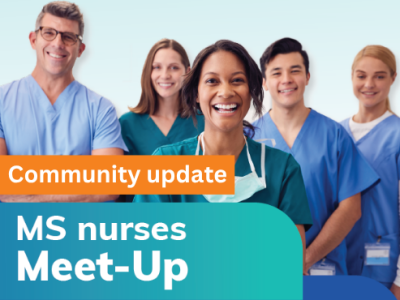
Are you an MS nurse attending the ECTRIMS 2025 Congress featuring the 30th RIMS Conference? Don’t miss the chance to connect with fellow nurses in a relaxed, inspiring setting. Click to find out when and where we’re meeting!
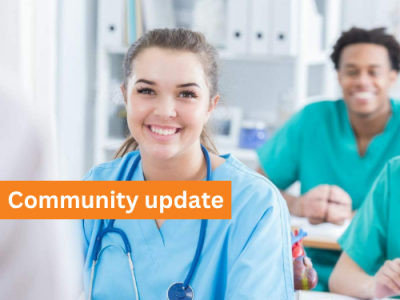
Discover how the ECTRIMS Fellowship can take your MS nursing career to the next level. Gain hands-on experience in Europe, grow your expertise, and make a real impact in MS care.
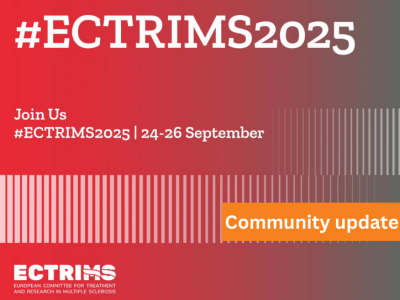
Join us at ECTRIMS 2025 during two must-attend sessions on how nurses are leading the way in patient empowerment and digital innovation. From health literacy to AI in shared decision making—don’t miss these powerful insights into the future of MS care.

This blog post covers key aspects of family planning in multiple sclerosis (MS), highlighting the importance of early discussions about treatment, vaccination, and pregnancy goals. It offers guidance on planning conception during stable disease phases, managing medications, and addressing fertility concerns. It also outlines care during pregnancy and the postpartum period, emphasizing that with proper support, MS and pregnancy are safely compatible.
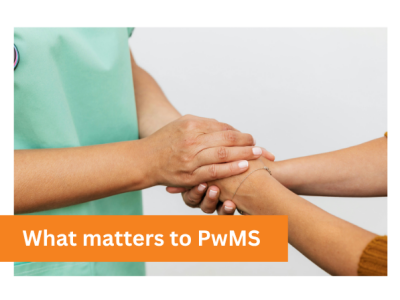
At 17, Luigi faced strange symptoms—tingling, numbness, and vision issues—that led to a diagnosis of Multiple Sclerosis. Amid the confusion, one constant was his nurse: a calm, reassuring presence who explained procedures, eased fears, and made the medical process human. Luigi’s story shows how nurses are more than caregivers—they're anchors in times of uncertainty.
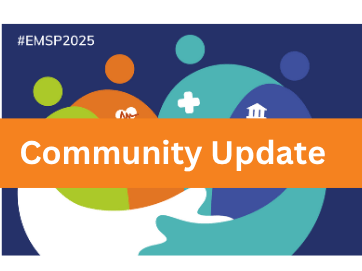
At EMSP 2025 in Prague, MS nurses gained fresh insights into where our work matters most. Here are the key takeaways—focused, practical, and ready to apply.
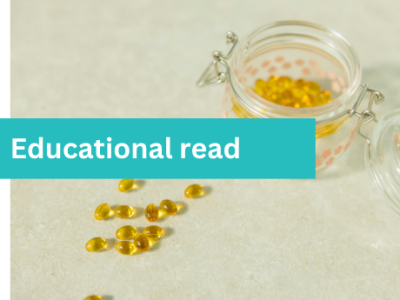
New research continues to explore the role of vitamin D in the prevention and management of multiple sclerosis (MS). Read more about latest developments in this blogpost.
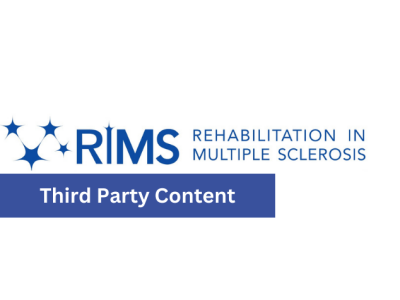
Discover how MS specialist nurses are redefining rehabilitation through innovation, interdisciplinary care, and patient empowerment.

Don’t miss “An Update on MS Patient Care for Advanced Practice Providers” — a 2-hour accredited program happening May 27th in Phoenix (with a virtual option). Nurses and APPs worldwide can register for free and access the session online for one full year. Learn about the latest in MS diagnostics, emerging therapies, and CAR T-cell innovations.
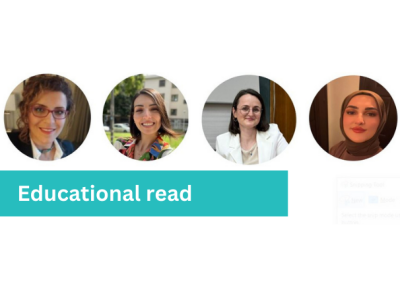
Fatigue is one of the most common and disabling symptoms of Multiple Sclerosis (MS), impacting patients' independence, daily functioning, and adherence to treatment. At the first MS Nurse PRO Best Practice Sharing Session, nurses from across Europe—particularly from Turkey—gathered to exchange practical insights and evidence-informed approaches to managing this complex symptom.
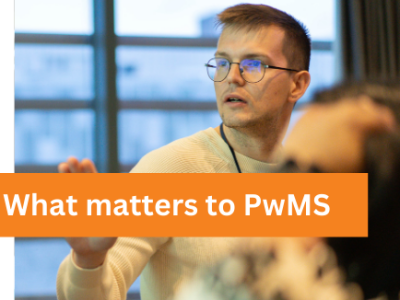
When Patrik Puljić was diagnosed with MS, a nurse's simple sentence changed the way he approached life. In this blog post, Patrik shares how small daily actions — from walking and coaching football to jotting down symptoms with pen and paper — helped him take control of his condition. Discover his story and explore what truly matters in MS self-management.
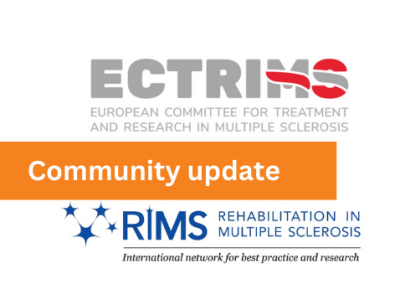
We are excited to announce the upcoming Joint ECTRIMS-RIMS Congress, which will take place in Barcelona from September 24-26, 2025.
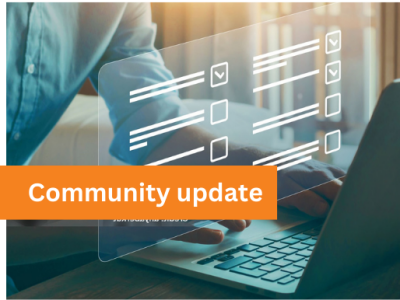
MS Nurse PRO is launching a survey to assess the clinical impact of its Foundation Programme. This initiative aims to improve our Courses by better understanding how the programme influences the practice of nurses and carers, improving MS patient care and professional confidence. If you’ve completed the programme, your feedback is essential.
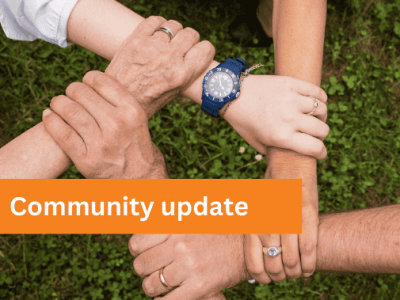
We believe that sharing best practices are key to providing the highest quality care for patients with multiple sclerosis (MS). Our Best Practice Sharing Sessions are designed to bring MS nurses together to exchange knowledge, experiences, and innovative approaches to patient care.

The recent MS Nurse PRO webinar on self-management in multiple sclerosis featured insights from Professor Gavin Giovannoni, and patient advocate Patrick Puljic. The importance of self-management, technological innovations, and the role of healthcare professionals in supporting patients' efforts to manage their condition effectively, were discussed.
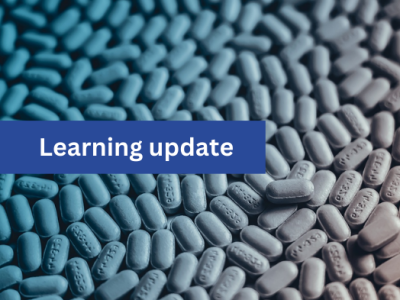
Explore the latest updates to Course 4: learn about generics, biosimilars, and practical tips to guide your patients confidently. Check it out!
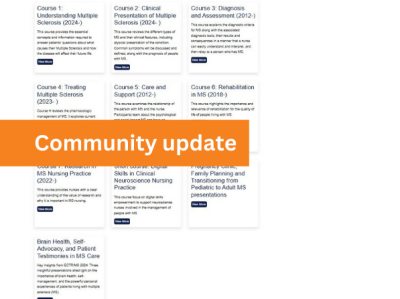
We’re excited to announce the launch of the improved MS Nurse PRO learning environment! After a comprehensive upgrade, our platform is now better equipped to support your professional development.
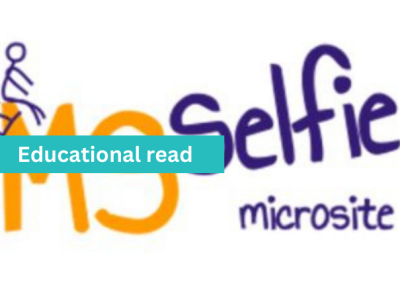
Empower patients with MS-Selfie, a resource by MS expert Prof. Gavin Giovannoni, offering guidance on treatment, switching decisions, and informed care management.
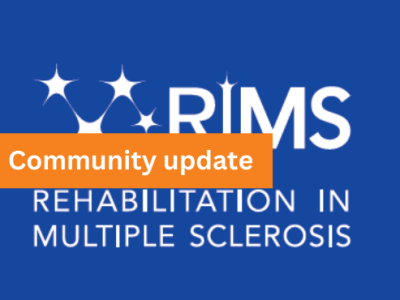
Visit the euRIMS website for criteria, download the submission form, and take your chance to make an impact now!
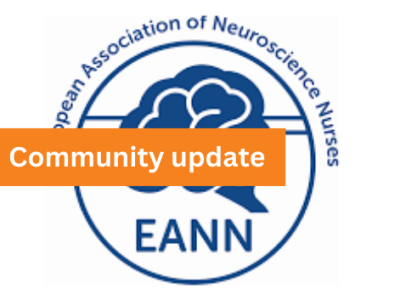
The European Association of Neuroscience Nurses (EANN) Conference 2027 will take place in Spain. Details on dates and location are coming soon—stay tuned for updates and get ready to join neuroscience nursing professionals from across Europe!
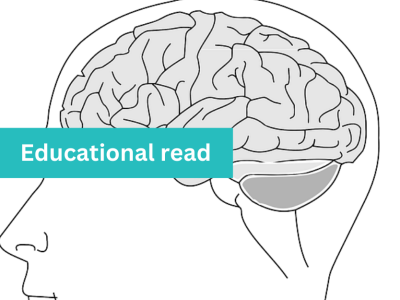
Upcoming 2024 revisions to the McDonald criteria will integrate new MRI technologies and biomarkers, such as neurofilament light chain and the central vein sign, to enable earlier and more accurate MS diagnoses, including in individuals previously classified as having radiologically isolated syndrome.

Explore new findings reporting how vaccinations do not increase the risk of MS in children and adolescents and how urinary tract infections are the leading cause of hospital admissions for people with MS, underscoring the need for improved bladder care and outpatient management strategies.
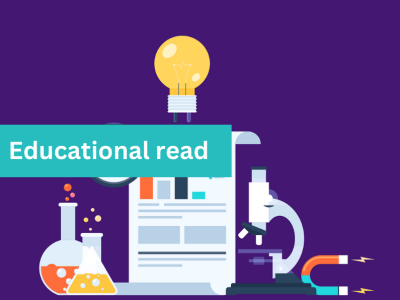
Explore the latest research insights for MS nurses, covering key advancements in MS management. Highlights include the potential of high-dose vitamin D to delay early MS progression, the impact of disease-modifying treatments on slowing disability in RRMS, and findings from the MS-STAT2 trial on simvastatin’s limitations in SPMS. Stay informed with these evidence-based updates to enhance patient care.

Multiple sclerosis (MS) can significantly impact sexual health, with 40-80% of women and 50-90% of men with MS reporting sexual concerns. Challenges may arise from direct neurological effects, disease symptoms, or psychological and social factors.
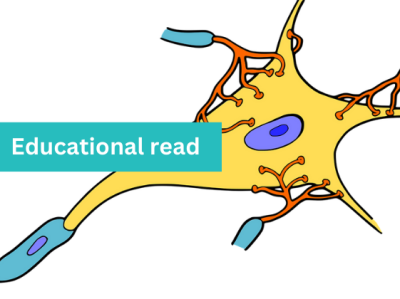
Significant progress has advanced our understanding of NMOSD and MOGAD. This 30-minute microlearning covering key features, diagnostic criteria, and emerging therapies, enabling better differentiation from MS will be launch in January 2025.
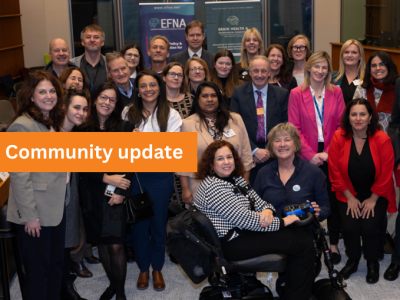
Elisabeth Kasilingam, CEO of EMSP, addressed the MEP Interest Group on Brain Health and Neurological Conditions in the European Parliament, emphasizing the hidden challenges faced by individuals with neurological conditions and their caregivers.
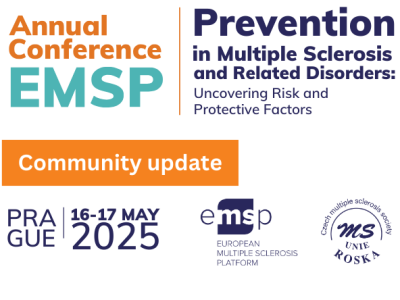
The city of Prague will host the EMSP Annual Conference 2025 from May 16-17 at Hotel Don Giovanni. This year's theme, "Prevention in Multiple Sclerosis and Related Disorders: Uncovering Risk and Protective Factors," brings together experts to delve into innovative approaches to managing MS and related conditions.